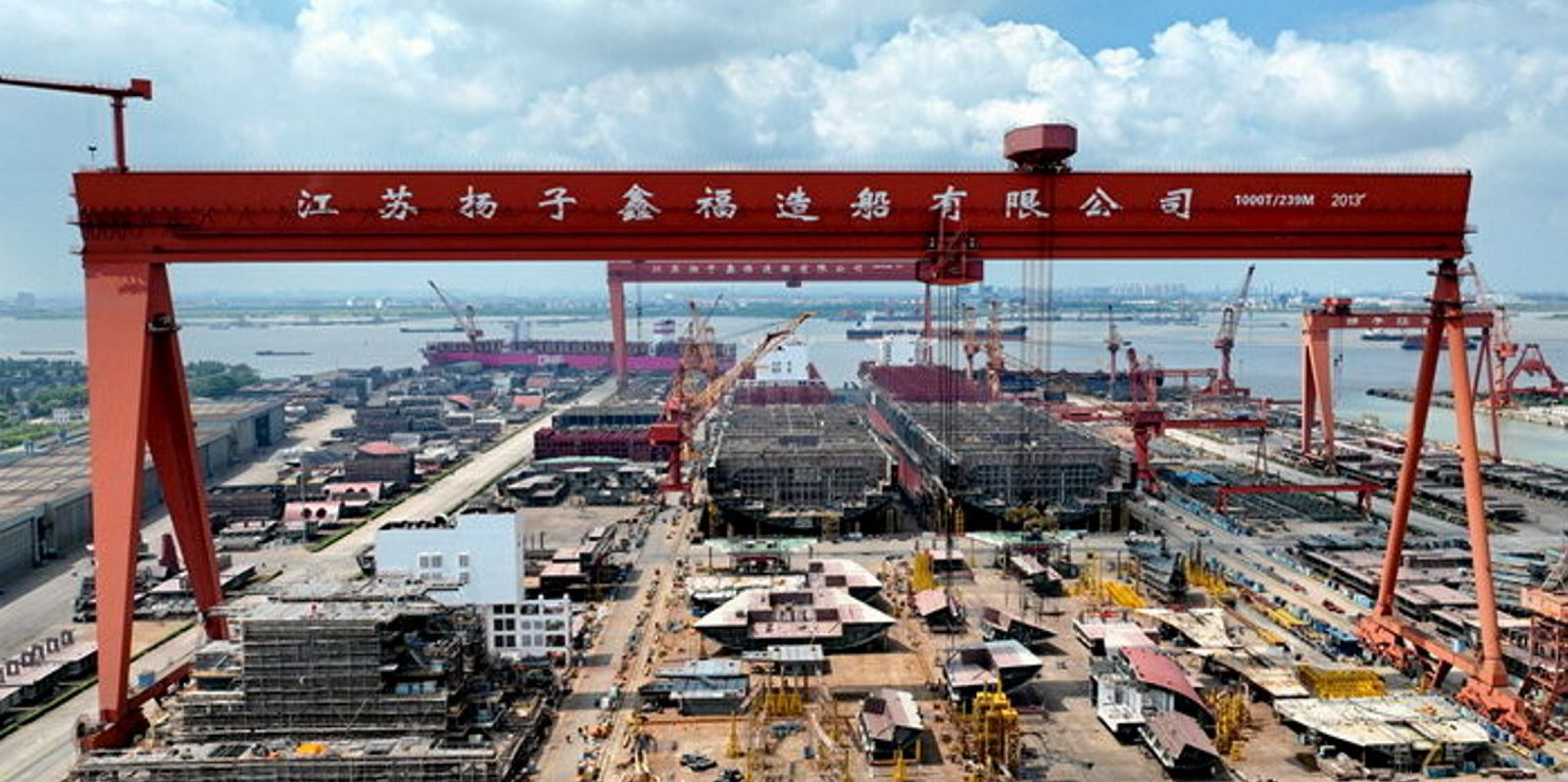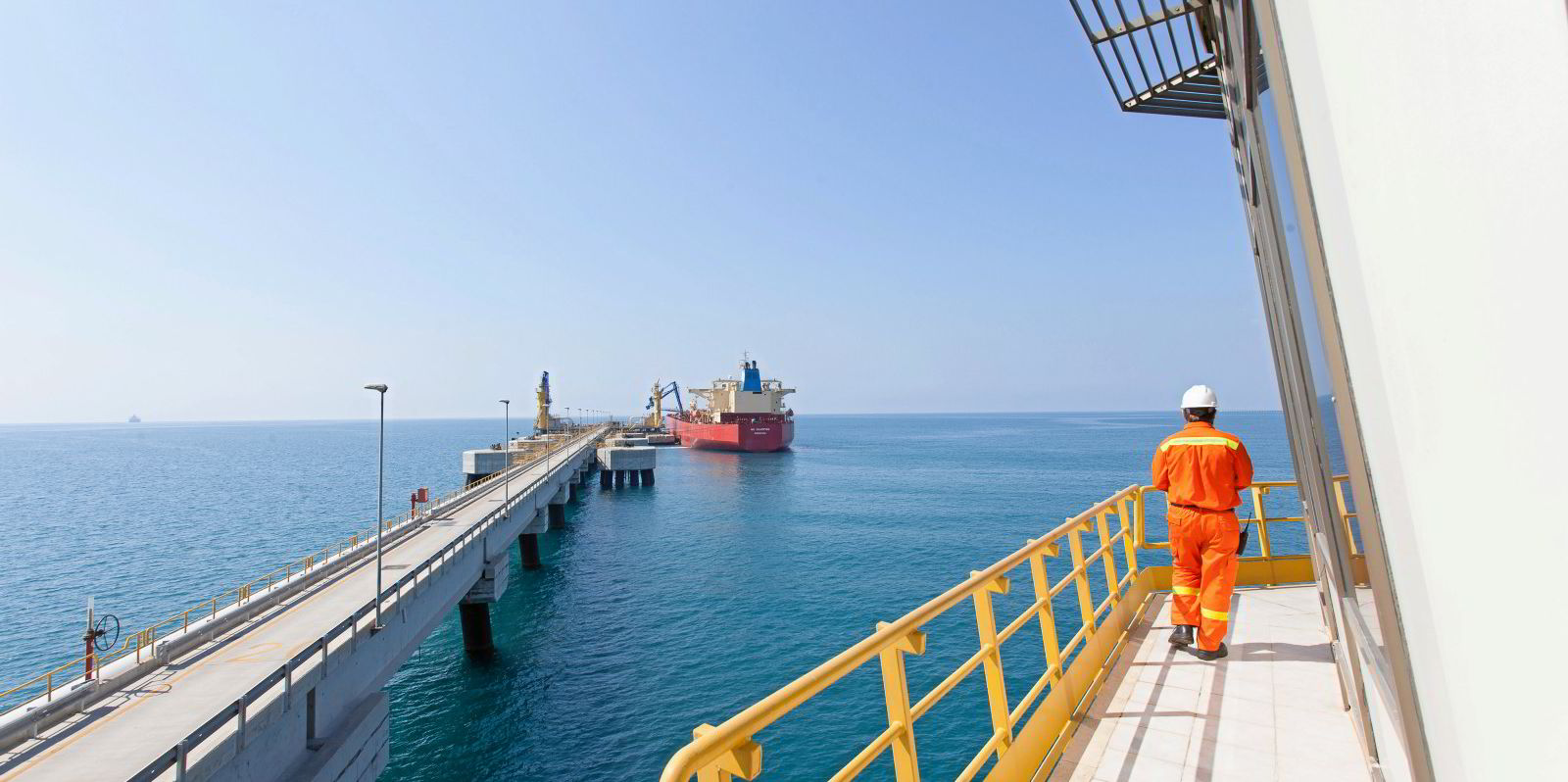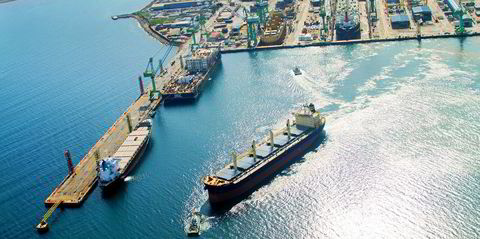Tanker markets are on track for a new golden age that could continue until 2027 because of a shortage of tonnage, according to French shipbroker Barry Rogliano Salles.
It said aframax and suezmax tankers were leading the way as they were already reaping the benefits of increased tonne-miles following Russia’s invasion of Ukraine.
Product tankers are expected to follow, with VLCCs coming last as they wait to benefit from changes in global refinery capacity, the company said in its weekly tanker report.
“Despite recent lower rates, we continue to project that tanker markets remain on the cusp of a golden age, which considering delivery lead times could persist until 2027,” it said.
Elevated rates in 2022 for tankers were driven by the changes to trade sparked by the war that saw oil travelling further to new markets. Even if the war ended tomorrow, BRS said it expected Europe to continue to survive without Russian oil.
Despite Opec+ nations announcing cuts in April, BRS analysts said they expected the producer group to increase pumping again to respond to a projected increase in demand. The International Energy Agency said on Tuesday that world oil demand was forecast to rise by 2.2m barrels per day in 2023 to 102m.
It said oil production increases were likely to be focused on the Middle East and the Atlantic Basin, while refinery growth shifts to the Middle East and Asia with new plants coming on stream in China and India.
“More crude will be carried over longer distances, thereby playing to the economies of scale offered by VLCCs,” it said.
BRS said the largest crude carriers would have to wait before they regain their rates premium over smaller tankers.
The Baltic Exchange listed average time charter equivalent rates for aframax tankers on Monday at $66,635 per day, compared with $57,527 for larger suezmaxes and $14,709 for VLCCs.
Its rosy forecast for tankers contrasted with other sectors. Container liners are “firmly on the downslope”, while improvements for the dry bulk sector are likely to be more distant and limited than the tanker trade, it said.





